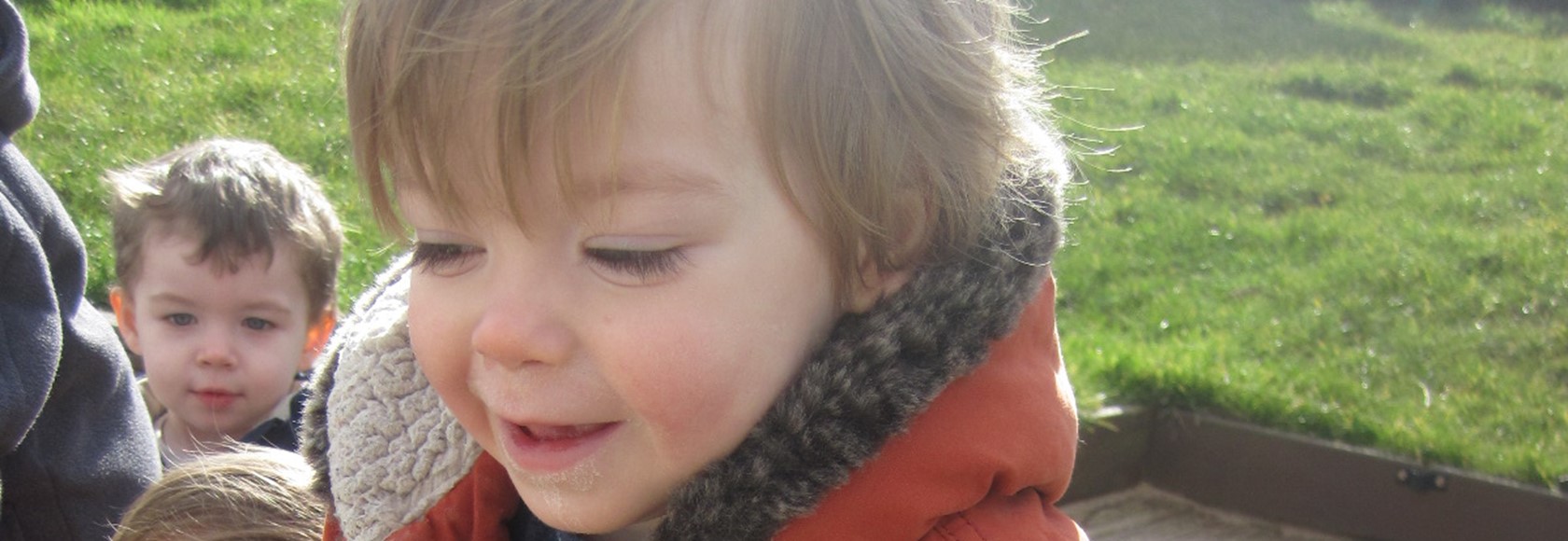The Early Years Foundation Stage is a legal government document which outlines the regulations that any childcare provider has to follow to ensure the safety, welfare and education of your child while under the care of a provider.
The EYFS Framework explains how and what your child will be learning to support their healthy development. The EYFS ensures the following:
- Quality and Consistency, so that no child is left behind.
- A Secure Foundation, by providing learning development opportunities.
- Partnership Working, with Parents and Other Professionals
- Equality of Opportunities, to remove any barriers.
There are 7 areas of learning within the EYFS to guide professionals on how to plan your child’s learning and activities. It ensures that professionals teaching and supporting your child will make sure that the activities are suited to your child’s unique needs. This is similar to the curriculum in primary and secondary schools but is specifically tailored to suit young children from birth, and is designed to be very flexible so that staff can follow your child’s unique needs and interests. These are:
- Communication and Language
- Physical Development
- Personal, Social and Emotional Development
- Literacy
- Mathematics
- Understanding of the World
- Expressive Arts and Design
Children in the EYFS learn by playing and exploring, being active and through creative and critical thinking, which takes place both indoors and outdoors. These are known as the Characterises of effective learning.
The EYFS also ensures that set assessments are in place to ensure that you are being kept informed about your child’s progress. The EYFS has Early learning Goals. These are a set of expected levels that your child should reach at age 5.

